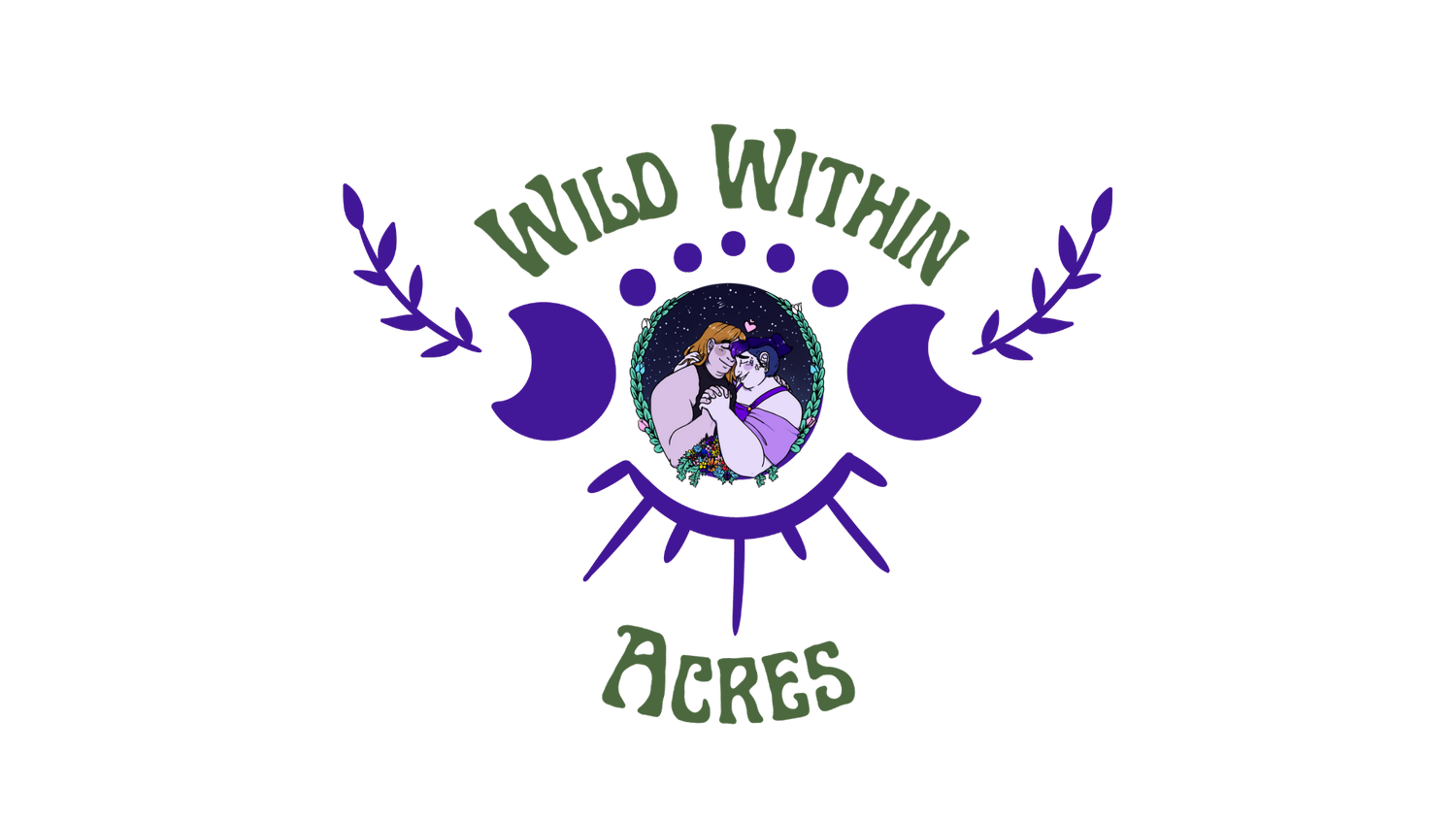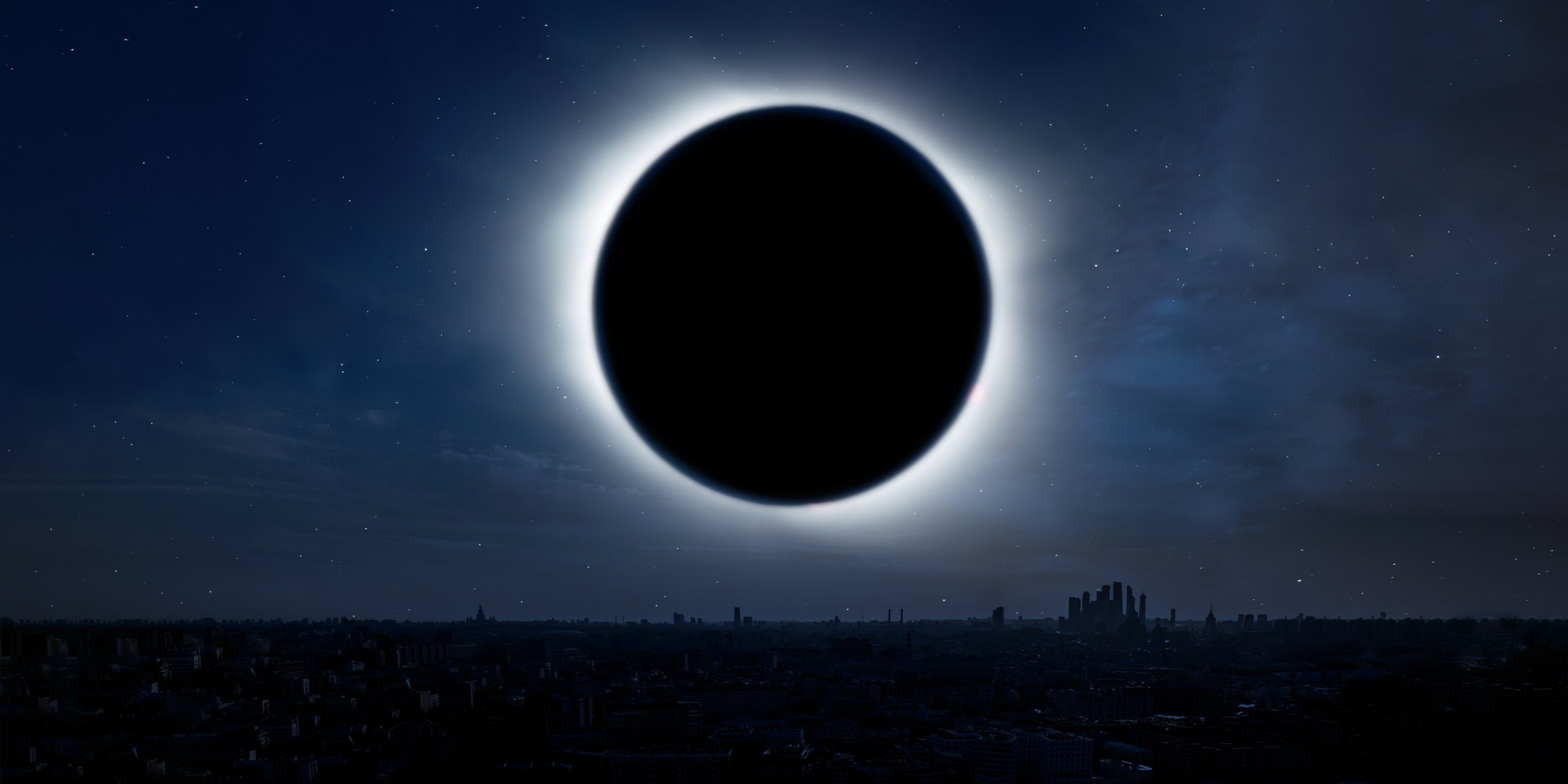Spiritual Appropriation: Yes, It’s a Problem
Cultural appropriation is a major problem.
My hope is that all of my followers already know this, but just in case someone has stumbled their way through the internet and landed on this page, I’m going to briefly state why it’s such a problem.
As Nadra Kareem Nittle has written in this post, “Cultural appropriation is the adoption of certain elements from another culture without the consent of people who belong to that culture."
This process takes place within the context of the systems of oppression that permeate society. As Maisha Z. Johnson rightly notes in this article, cultural appropriation can be understood as “a particular power dynamic in which members of a dominant culture take elements from a culture of people who have been systematically oppressed by that dominant group.”
As such, cultural appropriation is denying those who have faced systemic oppression their right to consent, dignity, respect, and credit: as Nittle rightly points out, “this sort of ‘borrowing’ is exploitative because it robs oppressed groups of the credit they deserve and often the capital owed to them as well.” It could be said that cultural appropriation is a form of plagiarism where the stolen material isn’t just words, but the very traditions, beliefs, and practices of a community.
So, yeah: that’s bad, and we shouldn’t do it.
It is unfortunate but true that cultural appropriation of sacred spiritual practices is incredibly common. I call upon all of my readers and followers to humbly examine their spiritual practices to see if they have unintentionally been engaging in appropriation.
Three of the spiritual paths that are most frequently appropriated by white Americans are those of Indigenous Americans, those from Eastern and Southern Asia, and those from African ancestral practices: it therefore must be asserted that much of what passes for mystic spirituality among white Americans is steeped in white supremacy, and therefore upholds racism.
The question of cultural appropriation is a salient one in my life and spiritual practice. After all, I was raised by a Zen Buddhist father in a Zen Buddhist household; it is the faith of my origin, and one that I still practice today. I am also deeply aware of the harm and disrespect caused by the appropriation and capitalization of Buddhism by white Americans (one excellent article by Kim Tran can be read at The Body Is Not An Apology). As a result, I am very mindful of how, when, where, and to whom I speak about my Zen practice; there is no way for me to discuss Buddhism in a way that is fully separate from my whiteness, and I need to be acutely aware of the potential for harm and disrespect against AAPI individuals and communities should I speak or act unskillfully.
Suggested additional information on this topic:
Buddhism and Whiteness: Critical Reflections, edited by George Yancy and Emily McRae
The Way of Tenderness: Awakening through Race, Sexuality and Gender by Zenju Earthlyn Manuel
I am similarly aware of the risk of cultural appropriation within the practice of Reiki and yoga; all American practitioners need to acknowledge the Japanese roots of Reiki and its founders and the Northern Indian roots of yoga; educate themselves about the history, spirituality, and lineage of these paths; and be vigilantly aware of the religious tenets behind the practice and of how to respect these traditions.
But understanding isn’t enough: action must be taken and gratitude must be shown. It is for that reason that I donate 10% of the money I receive from providing Reiki treatments and teaching Reiki classes to organizations that are run by and serve AAPI communities and directly to AAPI individuals. Similarly, I donate 10% of the money I receive from providing yoga instruction to organizations that are run by and serve South Asian communities and directly to South Asian individuals.
Suggested additional information on this topic:
The Yoga Is Dead podcast
The Daily Magic blog, including the posts “Why I Almost Quit Reiki” and “Decolonizing Energy Healing”
One of the results of my contemplations regarding spiritual appropriation was the humbling realization of how frequently white Americans mythicize the spiritualities of Black and Brown folks in a way that colonizes the practices while asserting that All are One, thereby creating a façade of spirituality in a way that upholds and exacerbates the racism and oppression of Black and Brown folks locally, nationally, and around the world.
The problematic implication is that the religious practices of Black and Brown people are So Wise and Spiritual, but that the fight for the lives and liberation of Black and Brown people is not because it is “divisive.”
Something that occurred to me along the way is that it is problematic to assume that mystic, magical healing paths need to originate from cultures other than one’s own. This is described very well by Aurora Luna in this article:
Connecting with your own history rather than stealing from other peoples’ is not only more respectful, but also potentially very potent for your magical craft.
“People of color are frustrated because there’s lots of cool European traditions that are, if not alive and well, definitely researchable,” said Aurora Luna. “People get hostile because we had to fight to keep our tradition or got them through blood, sweat, and tears.”
So, rather than just jumping onto whatever’s trendiest on WitchTok, take the time to commune with your own ancestors, who can help you discover which practices are right for you.
“Many of our ancestors, regardless of where they come from, have had earth-based practices with connections to the cycles, plants, land — but systems of colonization and capitalism dislocated or disconnected people from them,” they said.
Of course, there is a certain privilege to being able to know where your ancestors are from: genealogical research is infinitely more complicated when there has been adoption or child trafficking in your family’s history, not to mention the scarcity of records and documentation that one can come across.
If you do know even some of your ancestral history, though, this can be a very powerful way to connect to a personal spiritual path while minimizing the risk of cultural appropriation. My interest in genealogy is actually at the root of my Celtic Pagan path: I have been able to establish that many of my ancestors are from Ireland and Scotland, and as a result I have studied and immersed myself within the Pagan practices of those parts of the world.
Suggested additional information on this topic:
Revolutionary Witchcraft: A Guide to Magical Activism by Sarah Lyons
Leah Garza (aka Crystals of Altamira)’s decolonial resource database
“Cultural Appropriation in Wellness Spaces” through the Native Governance Center
Queering Your Craft by Cassandra Snow
If you are at all in doubt about whether your practices qualify as cultural appropriation, I encourage you to pause in practicing and consider your motives, your level of understanding regarding the origins of the practice, and the degree to which you use your words and actions to advocate for the community from which your practice originated. If you’re unsure, it’s better to err on the side of stepping away from a practice and finding a new way to connect with your spiritual development that doesn’t involve cultural appropriation.
Tl;dr: if your spirituality upholds white supremacy while stealing from BIPOC, you’re doing it wrong.

